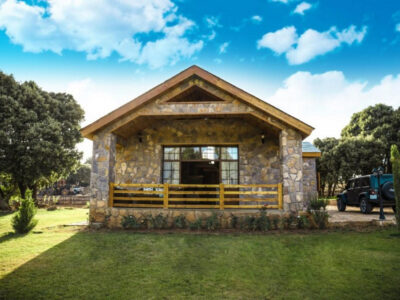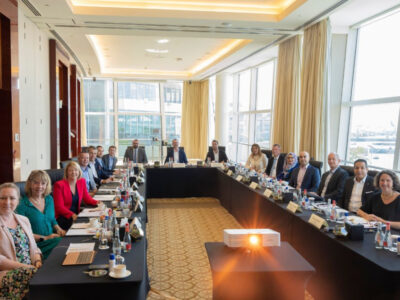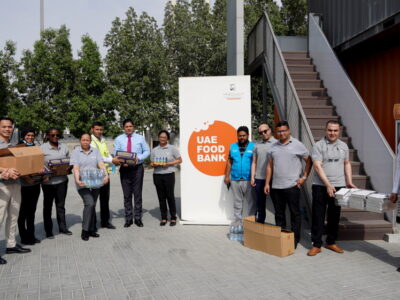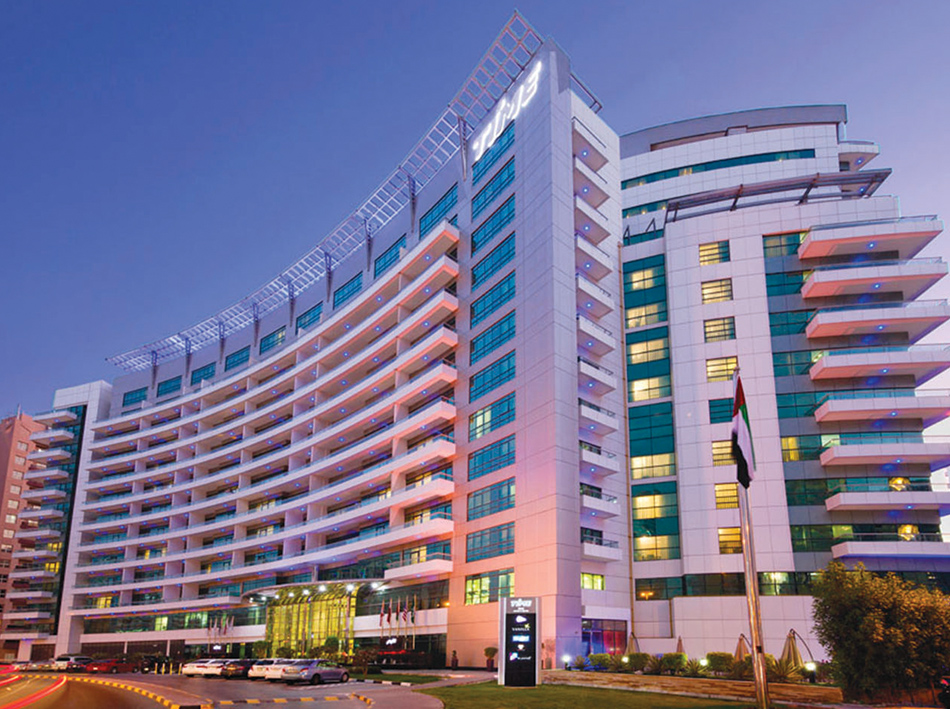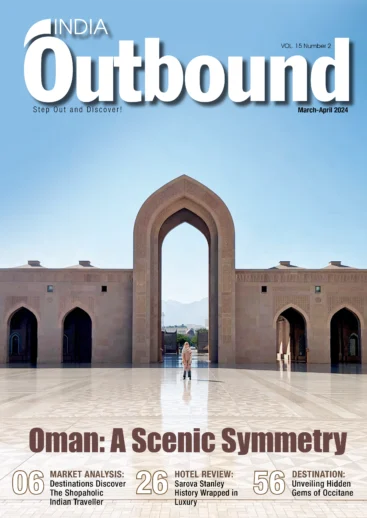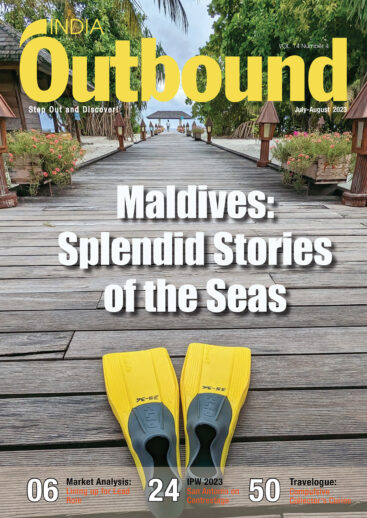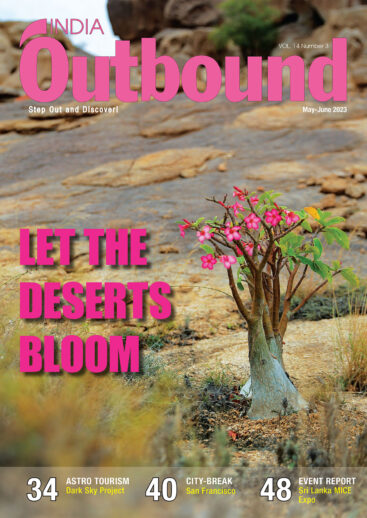
Mohamed Awadalla
How important is sustainability for Time Hotels?
Climate change is clearly one of the most important challenges facing the hospitality sector today, particularly for Gen Z and Millennials. Our success as a homegrown brand can be attributed to our progressive corporate strategy of which sustainability is one of our four main pillars. Since launching 10 years ago, one of Time Hotel’s first achievements was to secure international hotel sustainability certification, initially through Green Globe, then subsequently with Green Key, which we have maintained ever since, complying with global environmental standards through annual audits.
It was also a prominent topic of conversation during our recent participation at ITB in Berlin. We found that travel professionals and consumers wanted to see more than just strategy, they wanted tangible evidence that hotels were making a concerted effort to reduce their carbon emissions and reduce their impact on the environment. Sustainability is an issue that is gathering momentum in the Middle East, especially after the COP27 announcements by the UAE and Saudi Arabia to become net zero by 2050 & 2060 respectively. It is also worth noting that the travel industry is responsible for 8 pc of global emissions so we all have a part to play. However, ultimately our strategy is to provide modern living spaces in a sustainable environment for both business and leisure guests for a better tomorrow.
What steps have you taken towards sustainability?
In 2014, Time Hotels became the first hospitality company in the Middle East to offer a carbon management programme for its guests, offsetting 326 tonnes of CO2 emissions during the first nine months of that year. We are on schedule to totally eradicate single-use plastics and toiletries. We are also in the process of evaluating and installing LED lighting, A/C modulators and solar panels, to reduce energy use throughout our property portfolio and have embarked on numerous recycling initiatives, such as a Recycle, Reforest, Repeat initiative with the Emirates Environmental Group (EEG) and the Dubai Economy & Tourism Department (DET), collecting over 1,500 kg of waste paper for recycling. Time Hotels has also invested in EV chargers, so that guests can charge their cars. Beside our Green Key membership, we have also received CSR Label Certification for the eighth consecutive year from the Dubai Chamber, for our contribution and commitment toward workplace, market place, community and the environment.
What are the expansion plans for 2023 and 2024?
We have some very exciting expansion plans for this year and next. We are looking at opening new properties in the UAE, Egypt and Morocco over the next 18 months. Naturally with the advances in technology, new Time Hotels should be more sustainable than our previous hotels, even if that entails retrofitting certain properties.
How was Indian market in 2022 and what is your target for 2023?
In terms of the inbound travel market, India was among the top 10 arrivals for Time Hotels in 2022. Our target is to obviously gain greater market share as we believe that our value-led proposition will attract more visitors from India in 2023 compared with previous years.
What is your strategy for India?
Time Hotels is still in the very early stages of looking to expand its footprint into India. But we did attend HICSA 2023 recently to network with investors and owners to try and understand the market better.









